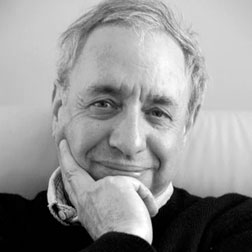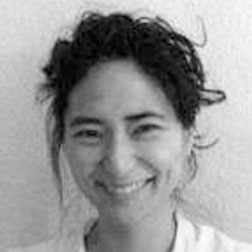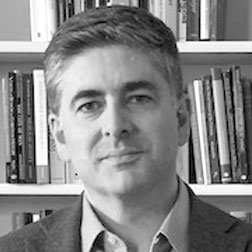Meghan D. Page
Principal Investigator
Assistant Professor of Philosophy
Loyola University Maryland
Meghan Page is the PI of SET Foundations and an Assistant Professor of Philosophy at Loyola University Maryland. She received her Ph.D. from the University of Pittsburgh. Her research in philosophy of science centers on paleoclimatology, particularly questions about indirect evidence, the construction of historical narratives, and models of the past. Her work in philosophy of religion uses scientific conceptual frameworks to elucidate, extend or challenge prevailing philosophical models of concepts like faith and divine creativity.

Angela Caruso
Grant Administrator
SET Foundations
Loyola University Maryland
Angela Caruso is the Grant Administrator of SET Foundations. She received her M.S. from Hood College in Environmental Biology and Geographic Information Systems (GIS). She focused her studies on global climate change and marine ecosystems. Before coming onto the project she was the Engagement Manager at Whitaker Center.
Board of Directors
Alisa Bokulich
Boston University
David Fergusson
Regius Professor of Divinity
University of Cambridge
Alan C. Love
John M. Dolan Professor of Philosophy
Director of the Minnesota Center for Philosophy of Science
University of Minnesota
James F. Woodward
Distinguished Professor in History and Philosophy of Science
University of Pittsburgh
Rebekah Eklund
Associate Professor of Theology
Loyola University Maryland
Jennifer Jhun
Assistant Professor of Philosophy
Duke University
Simon Oliver
Van Mildert Professor of Divinity
Durham University
Vision
SET Foundations aims to acquaint theologians and philosophers of religion with insights from philosophy of science on topics such as causation, explanation, laws of nature, natural kinds, representation, complex modeling, and evidence. Although these issues naturally intersect with theological questions, there has been very little engagement between general philosophy of science and theology.
Rather than emphasize specific scientific theories or theses, this project will explore general questions regarding the aims and methods of scientific practice: How do scientific explanations work? How do scientists use models? How do causal concepts vary across different domains of scientific inquiry? What are scientific “laws” and do all scientific theories employ them? How do we determine what counts as “good” science?
We do not intend to privilege any style or tradition of theology or philosophy. We hope scholars will integrate philosophy of science into their preferred approach. We view scientific engagement as one aspect of a rich and complex theological methodology, to be appropriately paired with historical, social and textual analysis.
We believe that expanding theologians’ knowledge of philosophy of science will set foundations for science-engaged theology in two ways. First, it will help scholars develop a nuanced picture of the scientific landscape. As a result, if and when scientific theses come to bear on theological questions, theologians will have a host of conceptual resources to unpack and contextualize these claims. Second, many conceptual models developed in philosophy of science have yet to be applied to topics in philosophy of religion and theology. These unbroached templates of thought may prove useful in constructing new approaches to theological topics.








